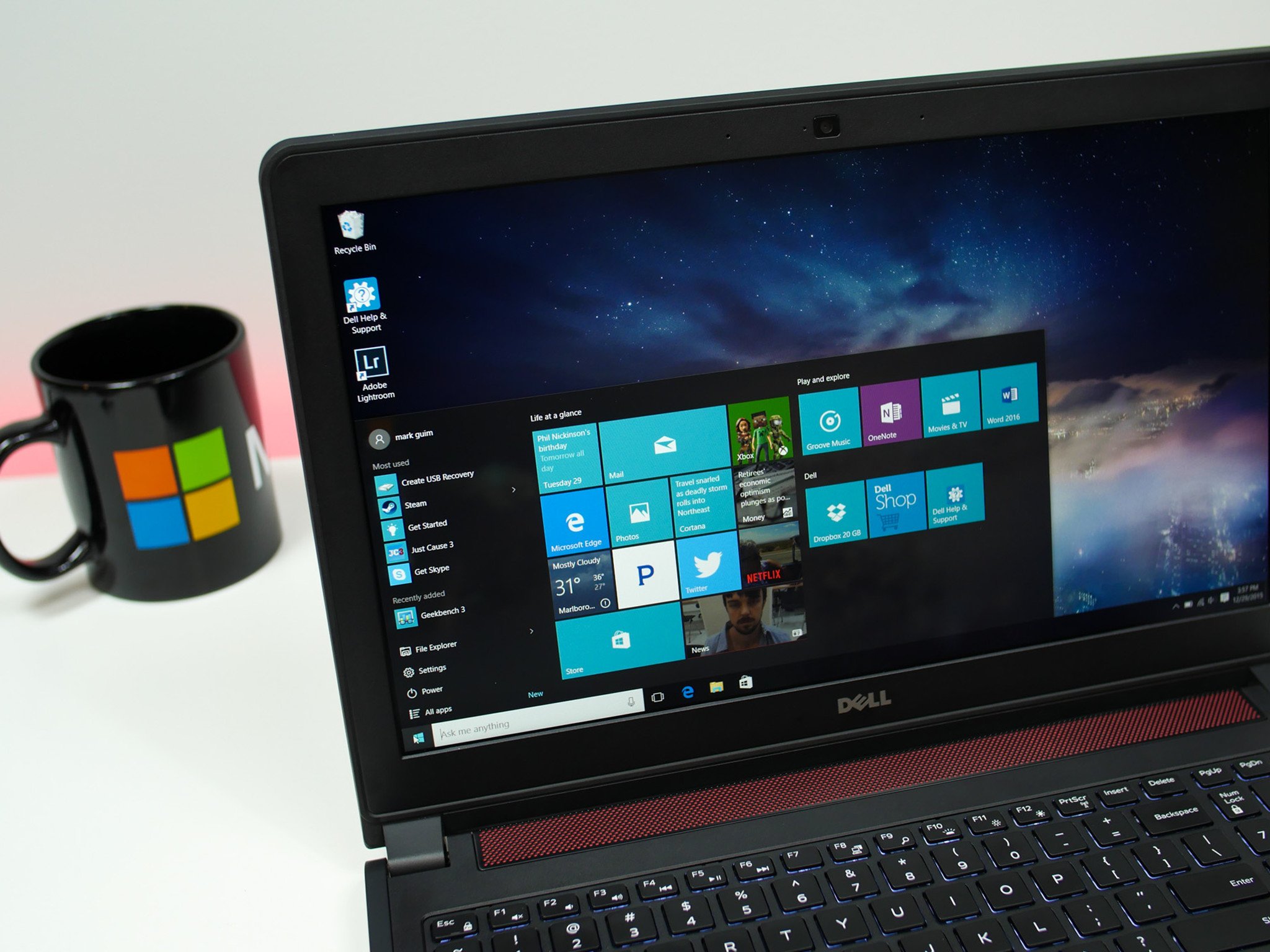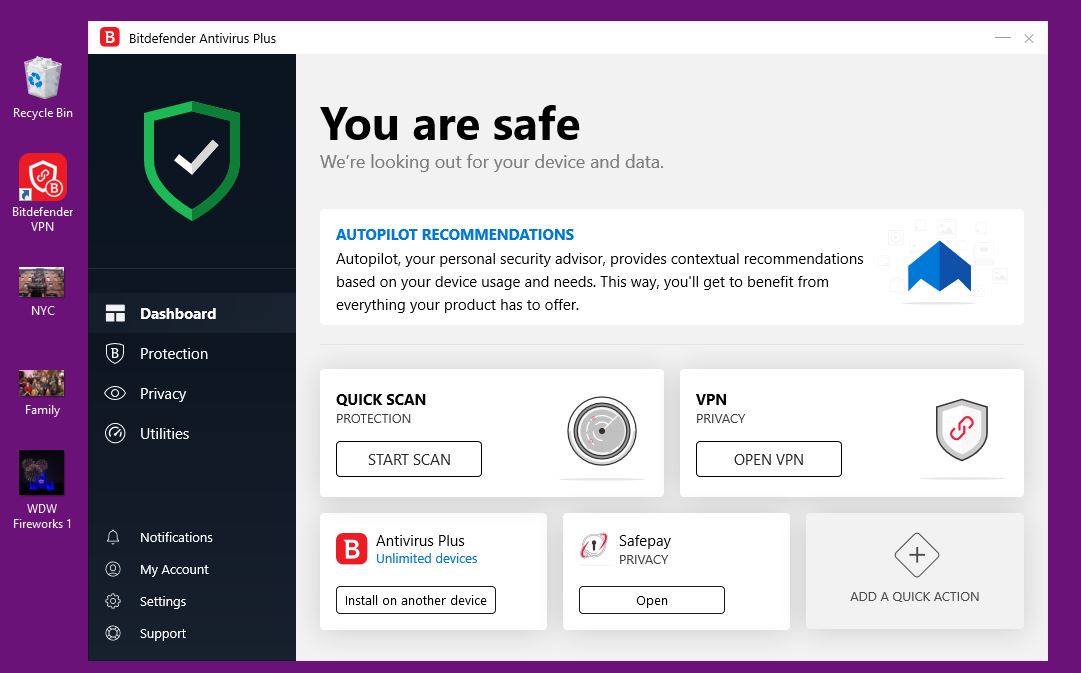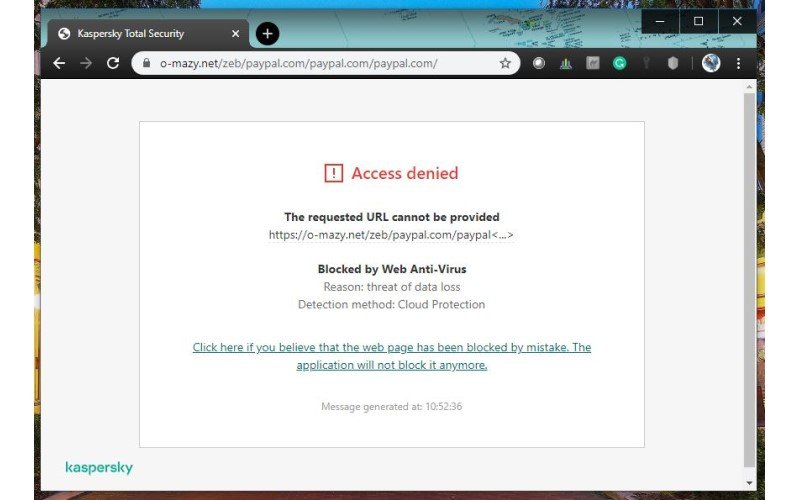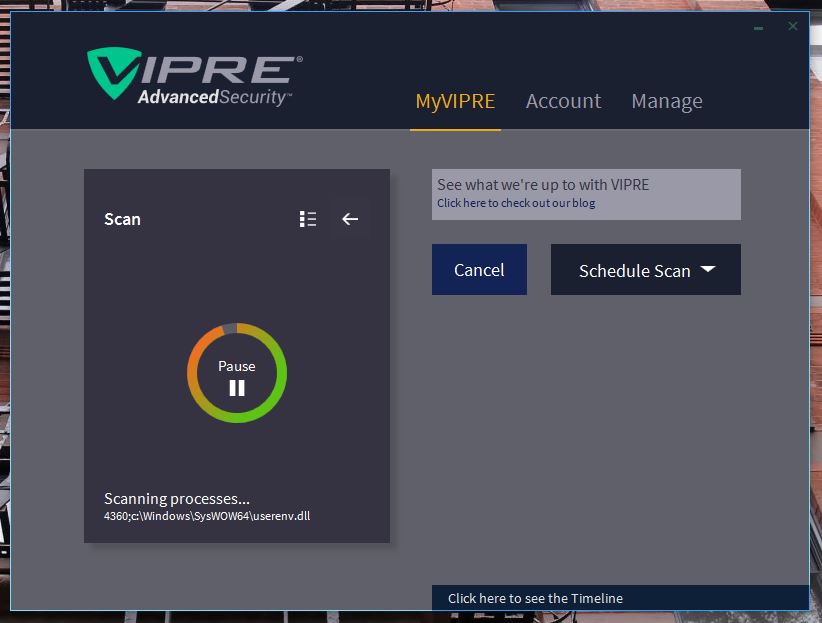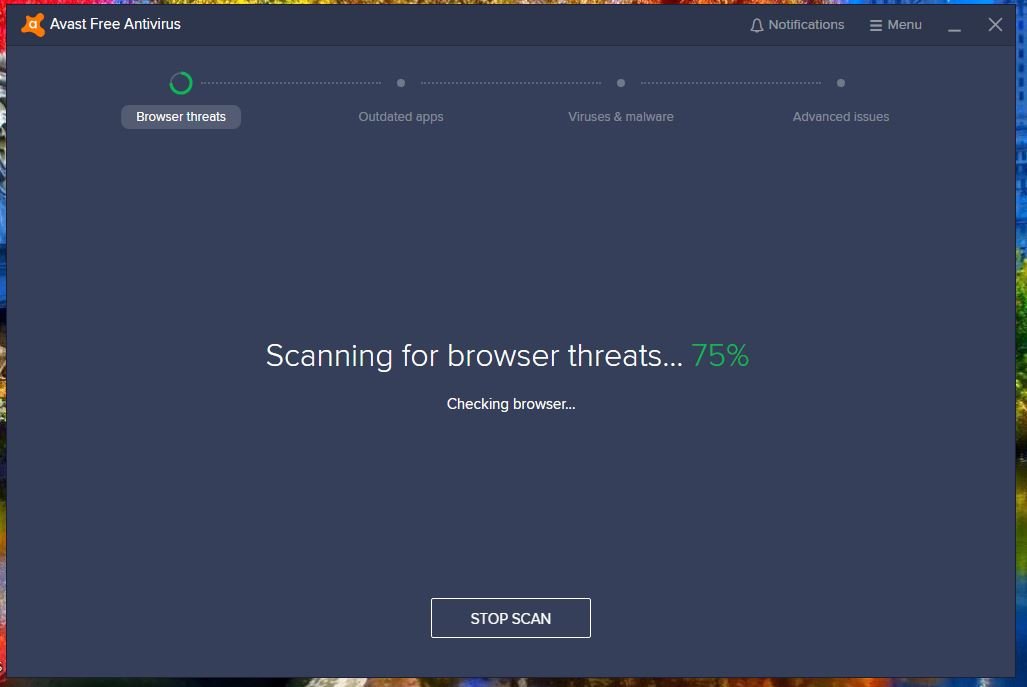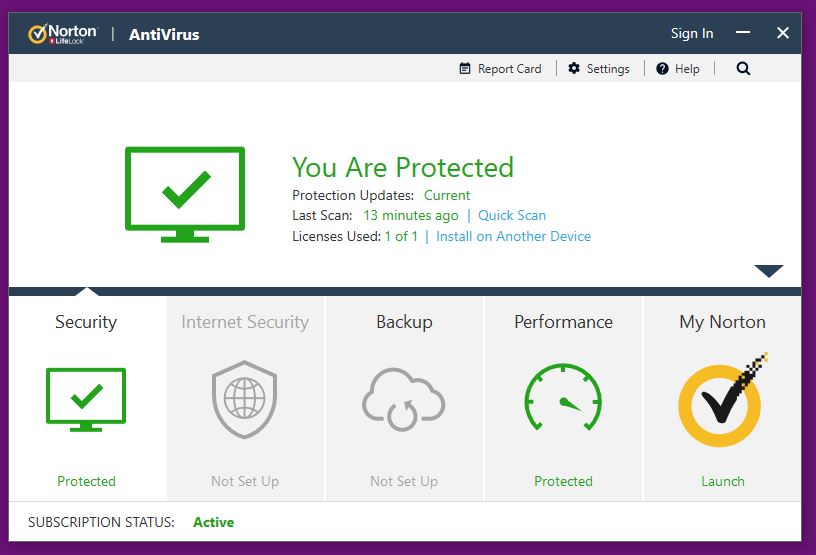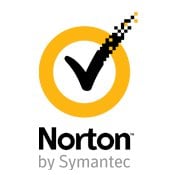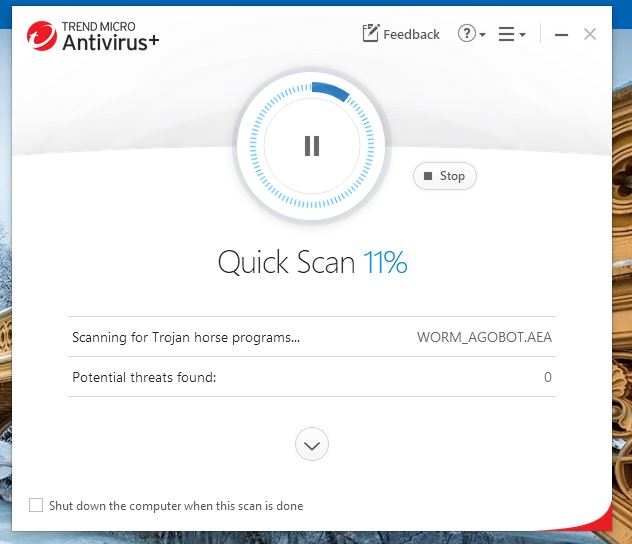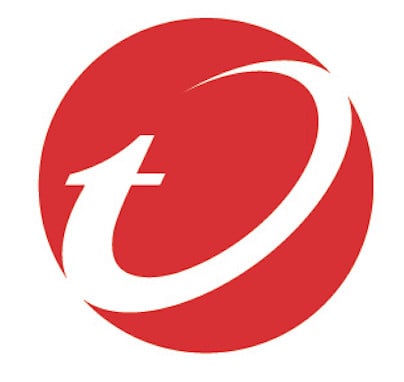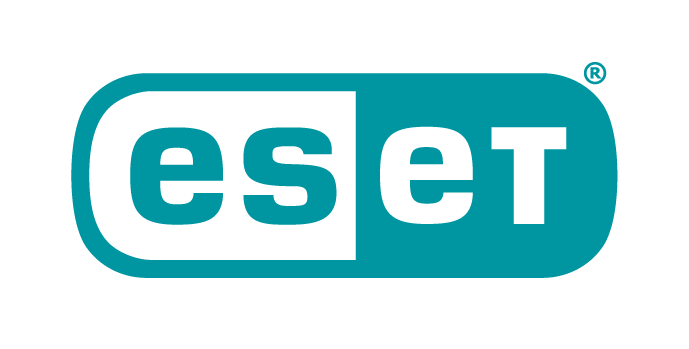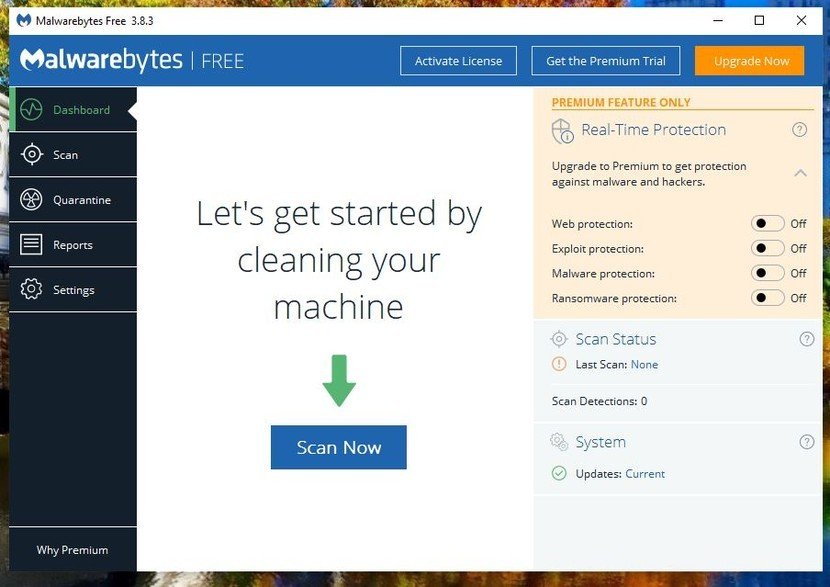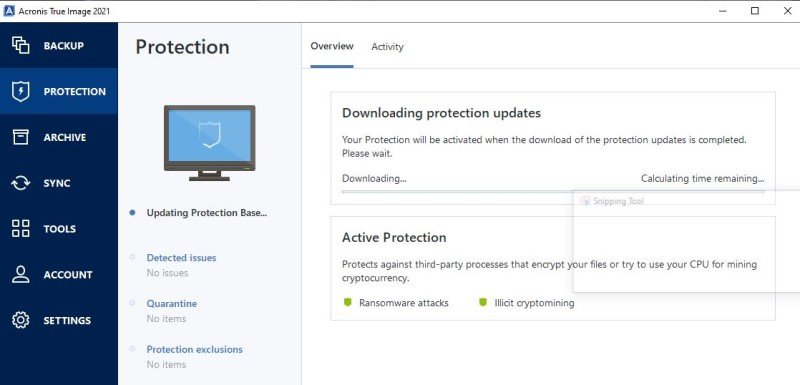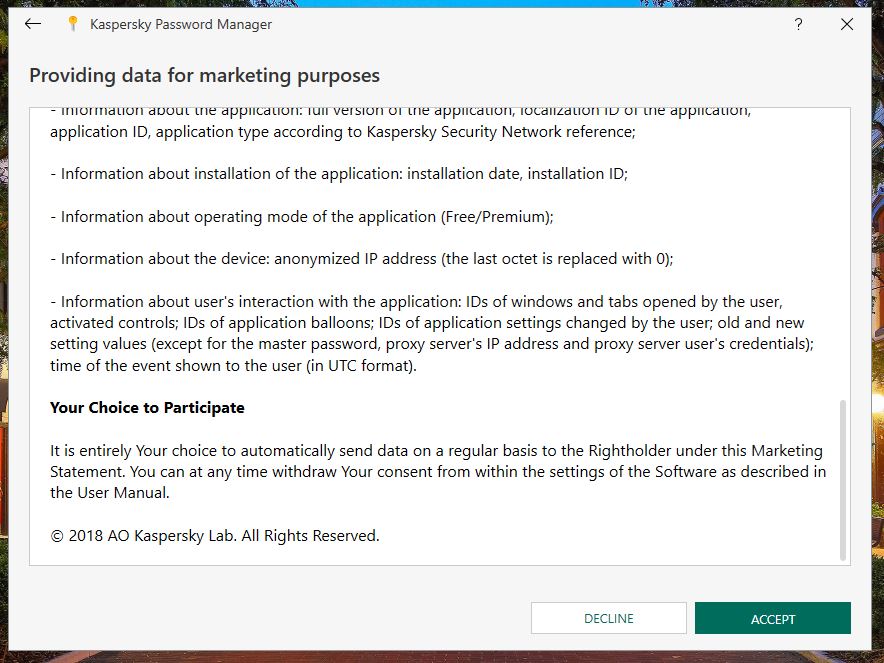Stop malware threats with one of these best antivirus software options
Cyber attacks are on the rise, including data breaches that leave personal information compromised. One of the best ways to protect yourself is with an antivirus program designed to keep your locally stored information and your internet data secure. I spent several months testing and reevaluating the top antivirus programs currently available in 2021. While there haven't been many changes since last year, these recommendations will keep your computers, mobile devices and networks as secure as possible. Bitdefender Antivirus Plus is still the best antivirus program with real-time protection that stops and scrubs threats from your system before they have a chance to start downloading. Still, there are several other excellent programs on this list to choose from, including a handful of these solutions that work with mobile devices. Check out my picks for the best antivirus apps for Android to see a more comprehensive list.
Best Antivirus Overall: Bitdefender Antivirus PlusBitdefender consistently earns high or perfect scores for malware protection from several third-party test labs and in my own tests. It deserves our top spot for the best antivirus software. It stops Trojans, rootkits, ransomware, and worms, and with the safe browser extension enabled, it'll prevent these threats from entering your computer through the internet. Bitdefender also recognizes phishing schemes and will warn you of them. With safe browsing enabled, it'll also tag search results as safe to click through or not. When I tested Bitdefender, it recognized websites known to harbor malicious files and links and block the entire website from being accessed.
Even though Antivirus Plus is Bitdefender's basic solution, it still comes with a password manager and secure file shredder. It also has social network protections that keep an eye on activity on social media pages, letting you know if there is a malicious link that's been shared. Antivirus Plus also has a vulnerability scanner that looks for weak points in your entire system and helps you secure these against hackers and ransomware. Some of these vulnerabilities include corrupted drives and outdated software programs. Bitdefender gives you safe links where you can download patches and new versions of software, so you don't need to guess if links found online are legitimate or not.
The biggest tool not included with Bitdefender Antivirus Plus is a personal firewall. While your operating system likely comes with one, I've seen during testing that having a second layer of protection is vital. There are too many threats that make their way through standard firewalls, and those included with antivirus software just do an overall better job. Bitdefender's higher-tiered program, Bitdefender Total Security, includes a firewall, parental controls, and a device optimizer.
The other setback of Bitdefender is how long it takes to complete scans, both vulnerability and virus scans. Where other programs take a few minutes, it's not uncommon for Bitdefender to take up to 40 minutes for some scans, 50-80% longer than most other antivirus software.
Pros:- Real-time protection
- Automatic removal of threats
- Social media protections
- Safe browsing extension
- Long scans
- No firewall
Stopping attacks before they happen
Bitdefender stops malware before it has a chance to download and immediately scrubs it from your device.
Another Good Option: Kaspersky Total SecurityKaspersky Total Security is the program I have installed on my personal computer. It is so lightweight that I hardly remember I have it running in the background, and the protection I get is near perfect. I confidently browse the web and download files because I know if there is anything dangerous, Kaspersky will block the download or warn me not to continue. If something does get through, Kaspersky gathers it up and removes it from my system before it has a chance to infect it. Kaspersky is certainly one of the best antivirus software solutions if you are looking for a lightweight solution.
One tool Kaspersky has that the other antivirus programs don't is a virtual keyboard. When active, this allows you to type anything and have it guarded against keyloggers, trackers, and snoops. If you type into a search bar, the information isn't recorded, and if you use this virtual keyboard when entering in login information or credit card numbers, these, too, will be shielded.
I'm also impressed with Kaspersky's parental controls for both computers and mobile devices. I can lock down devices remotely, block websites and apps, and set time limits for when my children can and can't be online. I can also decide how many hours a day they can be online, and when that limit is up, Kaspersky is the bad guy and blocks internet access on any device. Kaspersky Total Protection also includes an encrypted vault to secure files from ransomware and a firewall that keeps an eye on your internet connection, and safe browsing that warns of dangerous websites and phishing schemes.
Many are uneasy about trusting Kaspersky because of accusations that it used its antivirus programs to gather classified information from U.S. government agencies and their workers' devices then funneled this information to the Russian government. While the U.S. government no longer uses Kaspersky security programs on its computers, it is safe for consumers to use. In a move to show good faith, Kaspersky moved all operations out of Russia and into other countries, including the U.K., U.S., and Turkey, where they are subject to privacy laws and third-party inspections.
Pros:- Virtual keyboard
- Parental controls
- High malware protections scores
- FIrewall included
- Not recommended for government employees
Quietly keeping guard for malware
Kaspersky works quickly to stop malware and doesn't use many resources, so you don't experience any slowdown.
Best Basic Antivirus: VIPRE Advanced SecurityFor a basic antivirus software program that doesn't use many resources or overwhelm with too many extra features, I recommend VIPRE. This program does a great job stopping malicious files during the download process and quarantining the threat before it has a chance to infect your computer. VIPRE also monitors your emails and will quarantine messages it suspects has malicious links or attachments. This allows you to open messages safely and then decide to either keep or toss them.
Another reason I'm impressed with VIPRE is that it includes a firewall. This is the single most important tool after malware protection that should be included as part of your overall system security. VIPRE's firewall watches your internet connection and all the communications coming in and going out. This is an excellent way to keep hackers and other snoops from sneaking in, especially on public Wi-Fi that is less secure than home or work networks.
Because it is so basic, VIPRE doesn't use a lot of your resources. While testing VIPRE, I could easily keep surfing the web, watching online videos, playing games, downloading files, and sending emails without any noticeable slowdown.
VIPRE does require a little bit of learning to get the hang of navigating its dashboard. It isn't laid out like most other solutions, and some tools are difficult to locate. However, everything you need to enable can be done from the dashboard, including enabling safe browser extensions.
Pros:- Dependable malware protection
- Includes a firewall
- Doesn't create slowdown
- No advanced tools
- Takes time to learn
No frills, but powerful protection
VIPRE doesn't come with a lot, but protections against threats almost perfectly and includes a vital firewall.
Best Free Antivirus: Avast Free AntivirusSeveral antivirus programs offer free solutions, but Avast is by far the best in this area. Avast Free Antivirus is chalked full of extra features, like a password manager and home network security. It even includes a VPN to hide your online identity from adware and trackers. Avast's dashboard is easy to navigate, and it doesn't take long to figure out where each tool is and how to set them to your personal preferences.
My favorite feature of Avast, and the reason it's installed on some of my children's devices, is its automatic gamer mode. This tool recognizes when you visit an online gaming site and automatically redirects some resources away from non-critical functions so you can play without experiencing slowdown or being interrupted by popup notifications. Avast will still keep an eye on your computer and stop threats, and it will notify you if you attempt to download a game or visit a dangerous website.
While testing Avast, I observed that this program waits until malicious files are nearly downloaded before snatching the threat and quarantining it. This is different from Bitdefender and Kaspersky that don't allow the download process even to start, but it is still very efficient at blocking threats from attacking. Avast earns above-average scores for malware protection in both my book and from other third-party labs.
Because it is a free program, Avast does have several pop-up ads that will get in the way each time you start your computer, open the dashboard, and a few times in between. The only ways to avoid these ads are either enabling the gamer mode or purchasing a paid program from Avast. Avast's Premium Security is just as good at stopping malware from infecting your computers but also extends this protection to other devices connected to your home network, including smart TVs, game consoles, and even your internet router. Premium Security also includes webcam monitoring.
Pros:- Free
- Automatic gaming mode
- Built-in VPN
- Extra features like a password manager
- Popup ads
Top protection for free
Avast's free antivirus program not only stops malware threats but also includes a VPN and network security.
Best with a VPN: McAfee Total SecurityMcAfee has worked hard over the last several years to overcome some significant setbacks. For many years it wasn't known as a great program. It used a ton of resources that created a frustrating lag. Now McAfee is so good it often finds itself in the top spot as one of the best, most efficient antivirus solutions. The last couple of years testing McAfee, I've seen McAfee earn perfect, or near-perfect, scores for malware protection every time. While it does create some slowdown, it isn't enough to interfere with most functions. There is noticeably more slowdown when installed on mobile devices compared to PC or Mac computers.
Everything you need to secure your family's devices is included with this program, including encrypted online storage and protections for cryptocurrency accounts. This antivirus program has a secured VPN that blocks your online identity, so it's more difficult for your online activities to be traced or for your digital identity stolen. It also includes a firewall and a system scanner that looks for vulnerabilities and ways to optimize your system so it works faster.
McAfee Total Protection has many tools that are helpful for families. The webcam monitoring ensures no person or program taps into your computer without permission. It also has excellent parental controls with content filters to make it easy to block inappropriate content. You can also set time controls that will boot your child off the internet after their screen time is up or during critical times of the day like dinner time or when kids should be asleep.
Pros:- Included VPN
- Parental controls
- Webcam monitoring
- Protections for cryptocurrency accounts
- Included firewall
- Slowdown on some devices
Providing increased online security
McAfee stops malware threats, but also shields your online identity and blocks adware with its powerful VPN.
Best with ID Protection: Norton 360 with LifeLockNorton has been a staple in the antivirus industry for a very long time, so it isn't a surprise. It's listed among the best antivirus solutions. What makes Norton 360 invaluable is its partnership with LifeLock to help protect your identity. LifeLock keeps an eye on black markets and alerts you if your email address, birthdate, social security number, or even online account login credentials are illegally sold. It also looks at places not commonly associated with identity theft, such as medical and criminal records. If your identity is stolen, LifeLock will help you recover your identity, including helping you contact the IRS and credit reporting agencies,
Norton 360 has safe browsing tools that tag malicious sites known to have links and phishing schemes hidden on them. Even after a site is taken down, visiting the URL will sometimes trigger a malicious file to download. Norton is one of the few antivirus programs I tested that catches these threats.
This antivirus software comes with a VPN to help hide your online identity, including your devices' IP address and location. This cuts down on targeted ads because it shields you from adware and tracers. Norton also has special banking tools to ensure your personal and financial information is extra secure as your bank and shop online. For example, login credentials and credit card information are shielded from keyloggers.
The biggest reason I don't use Norton is that it caused a very noticeable slowdown on all the personal devices I downloaded it to. This didn't happen during lab tests where there weren't as many programs or apps installed, but on home computers and cell phones, the drag was painfully slow.
Pros:- LifeLock ID protection
- Excellent malware protection
- Safe banking tools
- Included VPN
- Noticeable slowdown on all devices
- Expensive
Keeps an eye on the dark web
In partnership with LifeLock, Norton helps keep your personal and digital identity off the black market.
Best for Banking: Trend Micro Antivirus + SecurityTrend Micro feels like a heavy program from the get-go and is the one program I found difficult to figure out how to use. However, once installed and the tools located, Trend Micro proved to be a perfect antivirus solution. This is the one program, through all my years of testing antivirus software, that has scored 100% each time. While it does create slowdown, it isn't enough for me not to add to my list of the best antivirus software.
This antivirus software has web reputation technology, so it immediately picks up on a legitimate or fake website. If you click a link meant to redirect you to a site made to look like a legitimate one, Trend Micro will block it and warn you of its malicious intent. Trend Micro is also very good at recognizing phishing schemes and dangerous websites.
One of the best tools here is its Pay Guard. This is specifically designed to protect your personal, financial, and account information while you bank and shop online. Pay Guard stores your credit card and bank account numbers in a secured vault, so you don't have to pull out and enter this information during check out. But Pay Guard puts extra protections around your browser, so this information can't be captured or stolen.
Pros:- Perfect protection scores
- Pay Guard
- Web reputation technology
- Difficult to set up
- Creates noticeable drag
Extra precautions while shopping and banking
Trend Micro has the best security when it comes to protecting online transactions with Pay Guard.
Best Network Protections: ESET Internet SecurityESET has several computer protection programs, but its Internet Security software is a good balance of malware protection found in basic antivirus programs and advanced tools that provide additional security. It did an excellent job of blocking threats trying to enter my computers through internet downloads, network communication, and stopping potentially infected websites from loading.
This antivirus system uses a Host Intrusion Protection System (HIPS) to recognize new threats that haven't been named or included in malware databases. ESET understands the general behavior and typical code patterns of threats to stop anything suspicious before it infects your system. This tool is also used to monitor your network connection and all devices connected to it, including gaming systems and cell phones. ESET's Connected Home will alert you if any suspicious communication or files attempt to breach the network and install malware through your internet connection. Other security tools included with ESET Internet Security are safe banking, webcam monitoring, and a gamer mode.
Overall, ESET is easy to install and set up to use. Virus scans were thorough in checking each file for anything amiss. However, it did take a long time, in some cases over 10 hours, to complete. Luckily, I could still work and browse the internet during these scans without too much lag. I did notice it took a little longer for an application to deploy and webpages to initially load, but I didn't experience any interference after that. The only other complaint I have is that ESET did block several legitimate websites, tagging them as possible threats without giving me the option to override the block. Because some of these websites were online tools for work purposes, it ultimately became necessary to uninstall the program to follow through to these web pages.
Pros:- Monitors network
- Blocks known and unknown malware
- Other security tools like safe banking
- Scans take a long time to complete
- Blocks legitimate webpages
Full network security
ESET Internet Security watches your internet connection to ensure your entire network is threat-free and all devices connected to it.
Best for Current Infections: MalwarebytesSometimes it feels like installing an antivirus program is too much work or costs more than you're willing to invest. While your iOS likely has some antivirus protections included, they aren't foolproof, and viruses and other threats can, and do, sneak in to attack your system. If your computer is running slower, closes browsers and programs without notice, or redirects you to webpages you aren't trying to reach, you're most likely infected. Malware is smart enough to recognize antivirus programs and try to avoid letting you download a good portion of them. However, Malwarebytes is a specifically designed program to outsmart viruses and allows you to download it easily.
Malwarebytes doesn't cost you anything, and the minute it's installed, it starts looking for any threats on your system. Unlike other programs with free malware locating tools on their websites, Malwarebytes doesn't just find threats then leave the removal up to you. Malwarebytes also rounds up the threats, quarantines them, and permanently removes them, so you don't have to do any of the dirty work.
This program doesn't have real-time protection, so it can't stop future threats. For this, you will need to purchase an antivirus program like Bitdefender. Also, Malwarebytes doesn't recognize, nor stop, most ransomware infections. But overall, it is the best solution for getting rid of threats already downloaded and wreaking havoc on your computer.
Pros:- Gathers threats already on your device
- No cost for this program
- No real-time protection
- Doesn't stop ransomware
The malware buster
Malwarebytes takes care of threats already infecting your computer, including permanently removing them.
Best Computer Backup: Acronis True Image 2021Acronis has been well-known for several years as a good solution for storing critical files and information in the cloud. This makes it more difficult for ransomware to lock down your files and hold them until you pay the ransom. Instead, you can reset or scrub your system, then reinstall all your folders and files from Acronis, and your computer will run as though nothing had happened to it. This is also a handy tool to have if your computer crashes because you can install your information to a new one without missing a beat.
Acronis True Image 2021 includes additional cybersecurity features, including virus protection. True Image blocks malware attempting to hide on your computer and will quarantine threats quickly. It recognizes dangerous websites and will warn you about lurking dangers there, too. Third-party testing labs, like AV-Test and AV-Comparatives, don't regularly test how accurate Acronis is at stopping malware, so there isn't a good history to depend on. In my own tests, I was able to see Acronis stop most threats without a problem and round up some hidden on my computers. It also did well blocking malicious websites now to harbor phishing schemes or tainted downloads.
There are some drawbacks to be aware of if you choose to use Acronis. First, though it is cloud-based, it will still use some of your computer's resources to deploy some local tools. While I was still able to work just fine while running Acronis, it did cause just enough lag to notice when navigating to web pages and waiting for videos to load. This wouldn't be a good solution for gamers who need to avoid drag during playtime. Also, a full system scan will take hours to complete. I appreciate how thorough Acronis is, and I didn't experience any more slowdown during the scan. It's just a bummer that it took so long to complete.
Pros:- Good for ransomware protection
- Cloud backup storage
- Malicious web page and download blockers
- Not tested as often as other antivirus programs
- Create a little slowdown
- System scans take hours to complete
Keep files safe from ransomware
Use Acronis to backup files from your computer to keep safe from ransomware and ready to reinstall after a crash or infection.
Here's why Bitdefender is the bestOverall Bitdefender Antivirus Plus is the best antivirus software program because of how quickly and thoroughly it blocks malware. It stops malicious files from even starting the download process. And it marks dangerous websites, blocks phishing schemes, and comes with several extra security tools like a VPN and social media protections that warn of malware links and downloads posted to social media pages.
Bitdefender is also a good value, giving you several user licenses around the same cost of one from other antivirus programs. It also works on several different devices, so you can use a single program to secure computers and cell phones. Bitdefender's basic antivirus program doesn't come with a firewall, and all its virus scans take a long time to complete. However, because this program doesn't guzzle resources, you can still work on your device during scans without experiencing a slowdown.
Antivirus and data sharingAvast admitted to capturing and sharing, or even selling, user information with its partners and other consumer companies. It has since discontinued this program, but Avast still uses information gathering. In fact, every antivirus program, whether it's on PC, Mac, or a mobile device, asks as part of its initial installation and setup process for permission to collect your data and participate in some sort of data sharing program. This doesn't sit well with most people, especially coming from a company that is supposed to secure your information.
The biggest reason for data collection through antivirus programs is to collect information on new and emerging viruses. This information is used to stop new threats that haven't been identified and cataloged in malware databases from being stopped quickly before they can infect more computers. This is a vital part of keeping malicious threats, especially ransomware, from getting out of hand. It also helps antivirus programs "learn" common behaviors so they can stop new threats, also known as zero-day threats, before they can infect a computer. If everyone opted out of data sharing, it wouldn't take long for malware to run rampant.
Another reason for data collecting is for research purposes. The antivirus industry is pretty competitive, with several excellent solutions. As antivirus software collects information about its users, it can create better versions that better fit and serve consumers. Unfortunately, there will always be companies that sell this information for profit. The good thing with antivirus programs is you do have the option not to participate.
Credits - The team that worked on this guideNicole Johnston writes for multiple Future Publishing brands, including Android Central, covering primarily internet security and privacy programs. She has over 14 years of research and writing experience in both the public and private sectors, including eight years of testing and reviewing consumer products and six evaluating antivirus software, parental controls, VPNs, and identity theft services.
